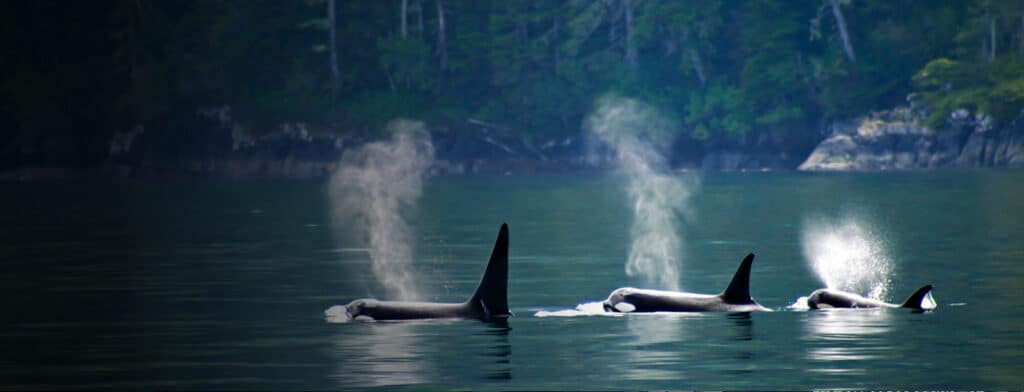
Blog
Search
Issues
Projects
-
Low-Carbon Meals: A Triple Win for One of California’s Largest School Districts
Research shows that we cannot avoid the worst impacts of climate change unless we dramatically scale back our consumption of animal foods. That’s because producing meat and cheese generates large amou…
-
The Big Gas Giveaway: flaring, the Congressional Review Act, and Trumps present to BigOil
We need stronger protections for our public lands, not another victory for Big Oil at the expense of front line communities, taxpayers, and the climate.
-
Bee the Change: 8 simple steps to help your city save bees
This new guide outlines all of the steps individuals and city officials can take to help protect pollinators. It’s based on the landmark policies of the nearly 100 retailers, universities, cities an…
-
Roadmap for Federal Coal Reform Must Be Followed
Nearly one year after Secretary of the Interior Sally Jewell called for a comprehensive review of the federal coal program, the Obama administration released a roadmap for reform of the federal coal p…
-
Sessions is a looming threat to people of color and the planet
The nomination of Sen. Jeff Sessions (R-Ala.) as United States attorney general presents U.S. senators with one such decision.
-
UPDATE: Stand with the Shuar People and Acci Ecolica!
Acción Ecológica is still under threat of closure! Today, Acción Ecológica (AE) is asking YOU to stand with them. Tag a picture of yourself on their Facebook page here with a sign that says #SOSAc…
-
Your help needed! Stand with Acci Ecolica and the rights of the Shuar Peoples in Ecuador
Acción Ecológica under immediate threat On Tuesday, Ecuador’s Ministry of Environment announced plans to shut down one of the country’s leading environmental groups, Acción Ecológica, for thei…
-
Guatemalan land defenders are under threat and need justice
The best way to defend our lands, rivers and forests is to speak out for the defenders—the people at the front lines of these struggles—so they may live on to continue fighting for all of us.
-
How can OPIC protect communities and the planet?
In the waning days of the Obama administration, government agencies are scrambling to finalize new policies before the Trump administration comes to Washington in January. One such agency is the …
-
This is how we will fight for people and the planet
Donald Trump poses a serious threat to our society and our environment. He made his way to the White House by tapping into the deepest and darkest fears in our country and exploiting them. It’s on a…